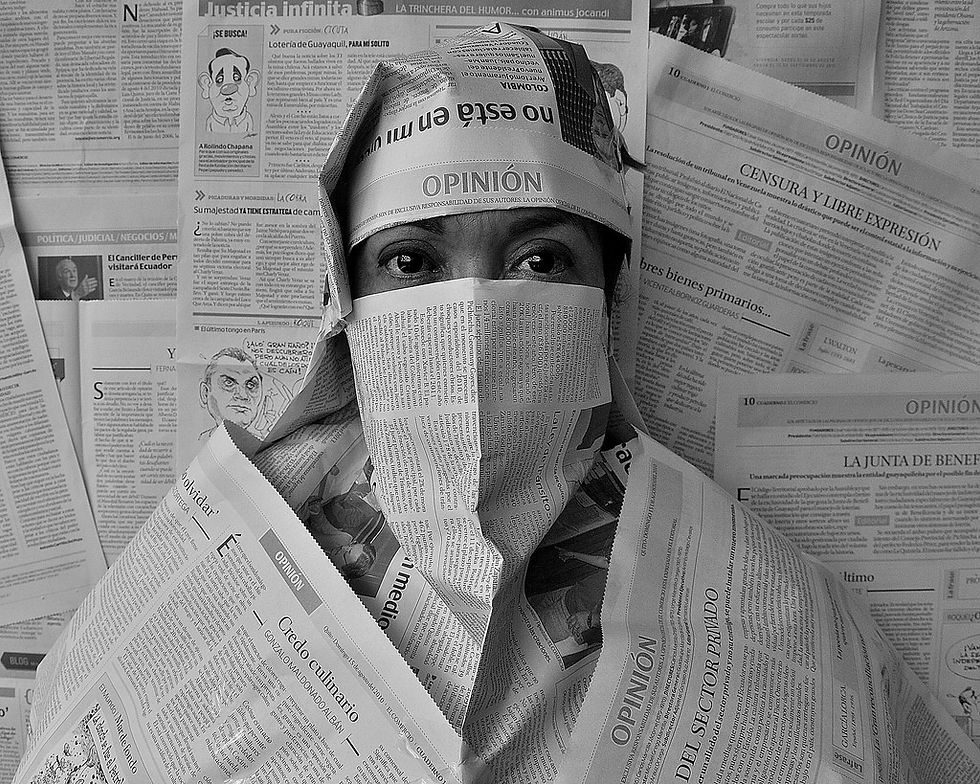Unfetter those words now, shall we?
- Shreemayi Samujjwala
- Jul 30, 2017
- 2 min read
Updated: Sep 25, 2020
Disclaimer: The Stephanian Forum does not take any institutional position on its content and would like to inform readers that the views, thoughts, and opinions expressed in the text belong solely to the author.

Recently, the words ‘Freedom of Speech’ have come under the spotlight. They have been used, misused and abused innumerable times. Saying the term out loud makes us feel powerful, in control and most of all, human. At first glance, it might seem like a very simple idea for us to wrap our heads around: Human beings, the most superior species on planet Earth should have the right to say what they want to. Yet, there are restrictions on this right, and surely we agree that there ought to be. There is also consensus that these restrictions should be reasonable. An example that is often cited to explain the nature of these limitations is that the right to Freedom of Speech will not protect a man who is “Yelling fire in a crowded theater.” Closer home, the word that might lead to prosecution (rather, it has) could also be ‘Azaadi.’
So, what happens when these limitations start to become larger than the right itself? When they start seeping into our daily lives, our views, our ideas, our opinions, our college, our nation? Who turns that fuzzy and blurred line between reasonable and unreasonable limitations into a clearly defined one? I might not have the answer to any of these questions but what I do know is that I have the liberty to ask them (at least at the time that I am writing this, I do.)
I believe our beloved Freedom of Speech is in troubled waters right now, and the only way to bring it back safely ashore is to understand the magnitude of damage we cause to the very foundation of our country when we curb an individual’s right to it. After all, there is a reason that Freedom of Speech is one of the main pillars of democracy and is frequently referred to as the mother of all liberties.
In these interlinked spheres of free speech and democracy, there is a term called ‘The heckler’s veto’ that is defined as the suppression of free speech by those in power, using excuses of possibilities of public dissent and threat to public safety. Yet, even a casual perusal of any Indian History book will tell us that most of India’s triumphs have been based solely on peaceful protests and public discourse. Therefore, when the largest democracy in the world starts to use the once widely celebrated means of expressing discontent as the reason to curb rights of its citizens, we have to come to terms with the fact that if we don’t question these curtailments now, we might not have the choice to question them in the future.
So, next time when someone gets castigated for yelling ‘Fire’, maybe we should look around and check, because there might really be one.



Comments